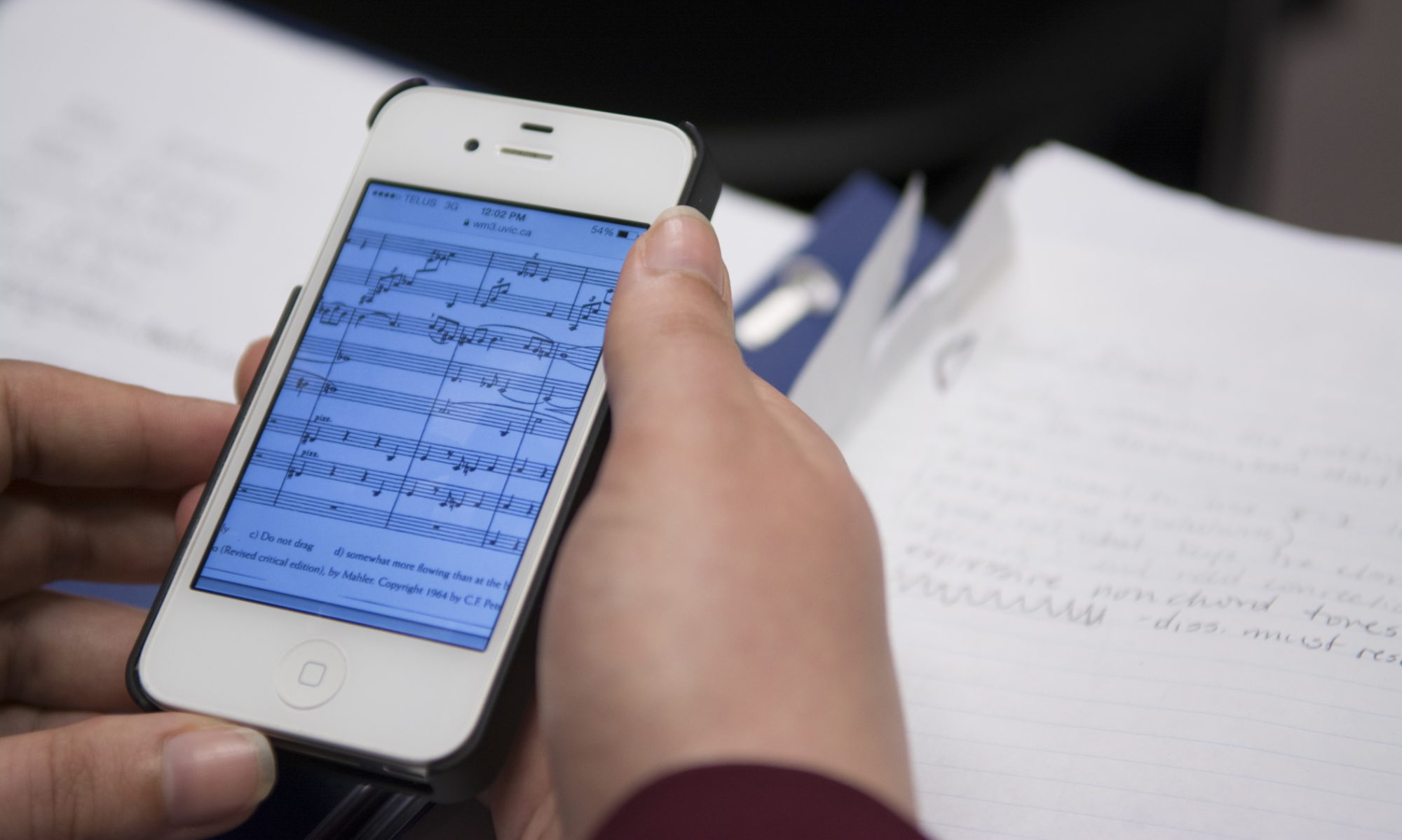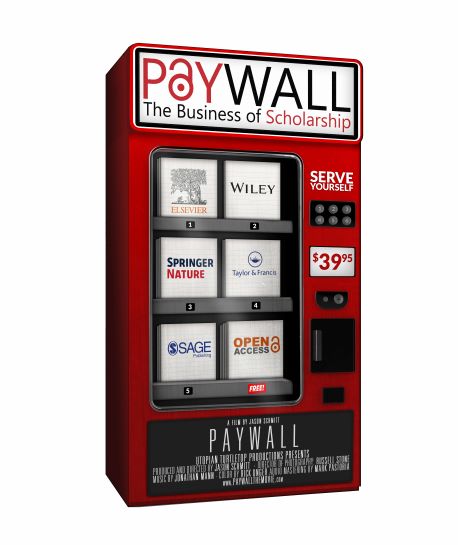From Simon Fraser University Library (CC-BY-NC)
Fair Use/Fair Dealing Week is an annual celebration of the doctrines of fair use and fair dealing — a perfect opportunity to reflect on what is quickly becoming a pivotal period in the history of copyright in Canada. York University has appealed the decision in its case with Access Copyright, the statutory review of the Copyright Act is still underway, and the USMCA free trade agreement promises to extend the term of copyright protection by twenty years. In this climate, building increased awareness about user rights such as fair dealing is more important than ever before.
This Fair Dealing Week, SFU, UBC, Langara, KPU, Douglas, VCC and JIBC invite you to an afternoon of presentations and discussion aimed at demonstrating the value of fair dealing in a modern Canadian context and highlighting the perspectives of diverse copyright stakeholders.
Balancing the scales: The role of fair dealing in Canada
Tuesday, February 26, 1:00 – 4:15pm at SFU Harbour Centre
This event will also be webcast at this link and recorded for those unable to attend in person.
This event will feature a panel, moderated by Michal Jaworski, former legal counsel to UBC and partner at Clark Wilson LLP, with panelists:
Devon Cooke, documentary filmmaker;
Peter Musser, YouTube creator;
Andrea Stuart, Canadian Association of University Teachers; and
Linda Valecourt, Douglas College Bookstore.
The panel discussion will be followed by a keynote presentation by Dr. Meera Nair, Copyright Officer at Northern Alberta Institute of Technology, reflecting on the 15th anniversary of the 2004 Supreme Court of Canada CCH decision, a significant case addressing fair dealing.


